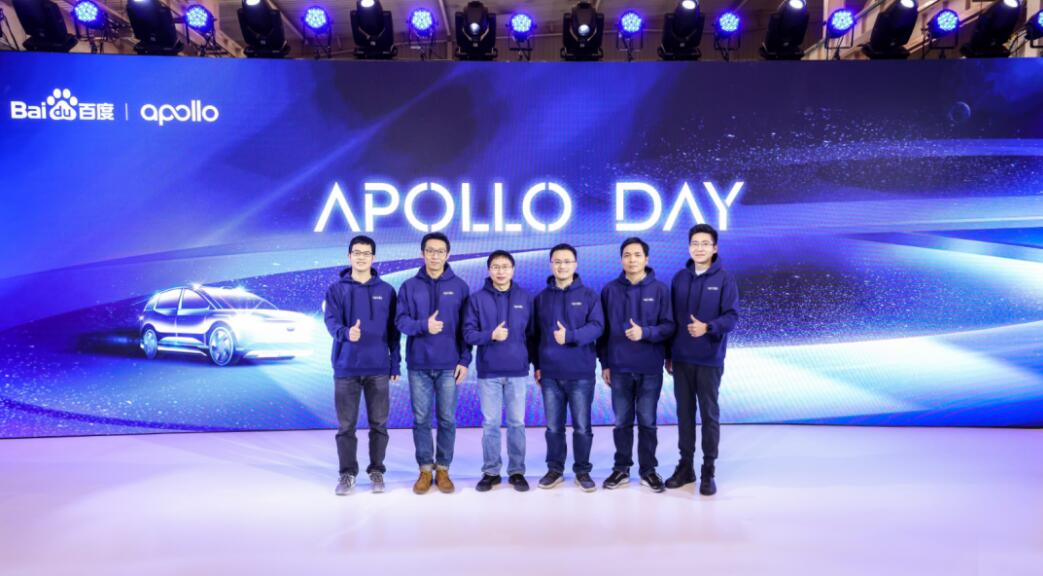Baidu said it plans to scale up Apollo's operations and launch fully unmanned self-driving services in more regions in 2023.
(Image credit: Baidu)
As its autonomous driving platform Apollo continues to explore commercialization possibilities, Baidu today unveiled more ambitious plans.
Baidu plans to scale up Apollo's operations and launch fully driverless ride-hailing services in more regions next year, the tech giant said at an Apollo Day event today.
Baidu will build the world's largest fully driverless service area in 2023, maintaining its growth momentum as the world's largest robotaxi provider, the company said.
Baidu was one of the first Chinese companies to get involved in the exploration of self-driving technology, with more than 40 million kilometers of cumulative testing to date, according to figures it announced today.
The Apollo Go self-driving mobility service platform has launched commercial self-driving services in cities including Beijing, Chongqing, Wuhan, Changsha, Hefei and Yangquan, where it has achieved commercial self-driving travel services in Chongqing and Wuhan with no safety personnel in the vehicle.
Baidu previously announced plans to expand its self-driving robotaxi services to 65 cities by 2025 and 100 cities by 2030.
In the third quarter, Apollo Go provided 474,000 rides, up 311 percent year-on-year and up 65 percent from the second quarter, according to Baidu's earnings report released on November 22.
By the end of the third quarter, Apollo Go had provided a total of 1.4 million rides.
In three first-tier Chinese cities -- Beijing, Shanghai and Guangzhou -- Apollo Go averaged more than 15 daily orders per vehicle, approaching the average daily orders of traditional ride-hailing services, Baidu said at today's Apollo Day event.
In Wuhan and Chongqing, Apollo Go's fully unmanned self-driving orders are growing rapidly, Baidu said, without providing specific numbers.
Based on its experience gained over the past several years of operation, Baidu is now able to get its self-driving technology deployed quickly in new cities.
Now, the lead time to deploy autonomous driving technology in a new city is only 20 days, the company said.
At today's event, Baidu's self-driving technology team unveiled its technology reserves, including its autonomous driving big model technology and Apollo self-driving maps.
In addition, Baidu said it will also make its autonomous driving technology available for advanced assisted driving functions in smart cars and explore a technical route through which L4 and L2+ autonomous driving can coexist.
Become A CnEVPost Member
Become a member of CnEVPost for an ad-free reading experience and support us in producing more quality content.
Already a member? Sign in here.



